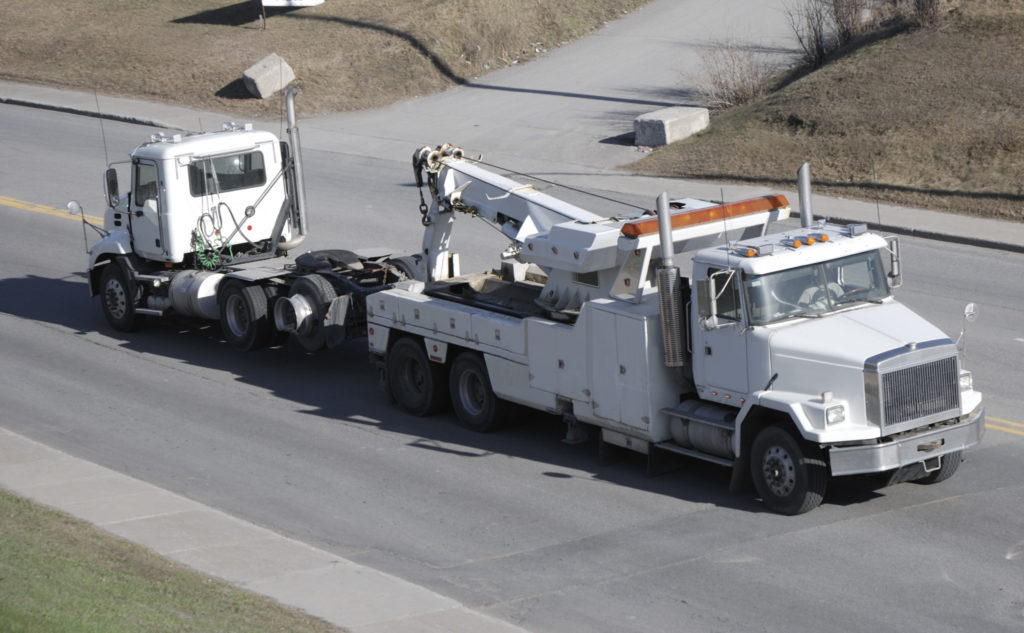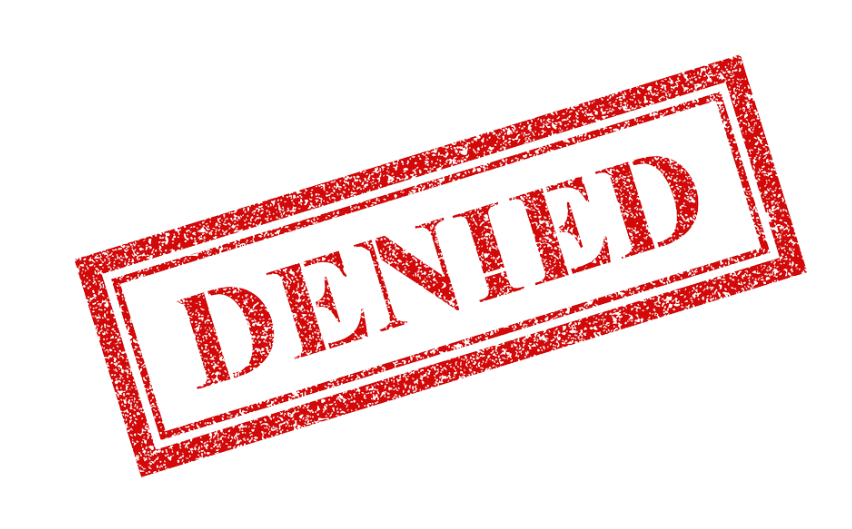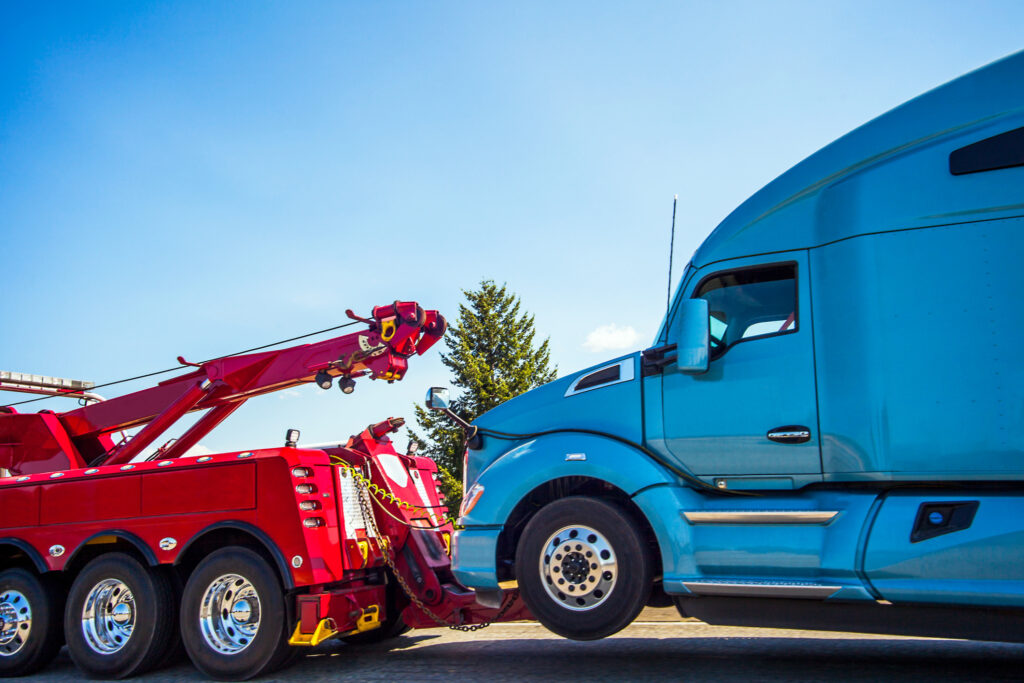Trucker Access › Forums › Diesel News › Ontario’s towing industry struggles under new regulations: PTAO cites gaps, unfair practices
- This topic has 0 replies, 1 voice, and was last updated 6 months, 3 weeks ago by
 EazyRiDer66.
EazyRiDer66.
-
AuthorPosts
-
May 4, 2024 at 6:09 pm #18006
 EazyRiDer66Keymaster
EazyRiDer66KeymasterIt has been nearly five months since Ontario introduced new legislation regulating the towing industry. The Professional Towing Association of Ontario (PTAO) supports the intent behind the legislation but has identified significant gaps it says negatively impact legitimate towing businesses.
In April, PTAO issued a distress letter urging the provincial government — specifically the ministries of finance and transportation — to address these legislative gaps.
“We agreed that some oversight from the governments and regulation was a good thing if it was done correctly, but things have taken the run for the worse,” says Gary Vandenheuval, owner of Sarnia-based Preferred Towing. “It is hurting legit companies instead of the bad actors they are trying to go after.”

(Photo: iStock) Stephen Ashworth, PTAO’s privacy officer, describes the pre-regulation environment as the ‘wild west’ where professionalism was optional. With the new regulations, ownership responsibilities have shifted to the ministries of transportation and finance. However, the transition has been problematic due to the insurance industry’s use of legislative loopholes to cut down their costs by underpaying — or not paying — the towing companies, and the imposition of ‘unrealistic’ maximum rates, the PTAO alleges.
Ashworth highlights that even though the towing industry advocated for the introduction of the changes, PTAO is disappointed in the way the government handled the introduction of new legislation.
“So much so, that we have taken it to a lawyer who has outlined, ‘Yes, you have a legal responsibility to engage in meaningful stakeholder analysis for any time you introduce any type of legislation,’” Ashworth says, adding that the towing industry was not consulted prior to the legislation’s implementation in January.
Service withdrawals
Gary Vandenheuvel says unaddressed gaps in legislation are forcing towing companies to take action to be heard, as the industry’s main problem remains getting underpaid by the insurance companies which leads to industry members losing thousands of dollars.
He mentioned that some companies plan to withdraw towing services on Ontario highways over the Victoria Day long weekend in May. Vandenheuvel says this is just one of several ‘events’ towing industry members are planning.
However, Joey Gagne, president of Abrams Towing Group, commented that 90% of the towing industry refuses to follow this tactic.
“There is no chance we will be protesting or striking,” he said in an email to Trucknews.com.
“Nobody wants to pay the bill”
Gary Vandenheuvel
“In my case, quite often I’ll show up with $3 million worth of equipment to clear a roadway and I have no guarantee of payment. And the insurance industry quite often will just say, ‘Well, no, we don’t want to pay this bill,’” says Vandenheuvel.

(Photo: iStock) He cites a recent accident that involved multiple tractor-trailers and passenger vehicles, including a hazardous load of paint solvents that was leaking. While the debris was picked up from the scene, his HazMat team was reluctant to go to the scene to perform the job they wouldn’t be paid for.
According to Vandenheuval, the leaking fume-emitting paint solvents remained unattended for four days on the side of the road due to these payment disputes. He recalls it sat beside a major subdivision, with three schools nearby, all seen from the accident scene.
“There’s no guarantee of payment for me and I’m not going to put out anywhere from $20,000 to $100,000 for a HazMat team to come out clean this load up, and not get paid or have to fight to get paid for the next three to five years,” he says.
“The fire departments never have a problem getting paid. Obviously, the police get paid. Everybody that shows up there [at the scene] gets paid. But we’re rolling up, as I said, with $3 million worth of equipment, spending hours and hours and hours to clean these roadways. And only to find out that nobody wants to pay the bill.”
Billing changes
He describes another incident where one of the operators went to pick up a vehicle from an accident and provided a bill to the customer. However, the insurance company refused to pay, claiming that the tow was conducted outside the registered jurisdiction, despite the towing company holding an Ontario-wide licence. Vandenheuval says that the insurance company misapplied the legislation in this case.
PTAO’s Ashworth points out additional issues with maximum rates and various non-allowable charges like fuel surcharges and administration fees that are being imposed under new regulations. This poses challenge for private towing businesses, which, unlike public services, are not obliged to perform without guaranteed payment.

(Photo: iStock) “Towing companies decided [not to pick up a phone call] unless someone’s prepared to commit. So when the police call to help with an accident on a highway, I know towing companies that have said, ‘I’m not doing police calls anymore,’” he says.
Vandenheuval adds the issue goes further, as he believes the simplified billing approach mandated by the new legislation undercuts the real costs of services provided.
He says previous billing practices by legit companies included detailed itemization which listed every service provided, from materials used to specific actions taken. This allowed for transparency and specificity in billing, reflecting the complexity and variety of services required in towing operations.
Maximum price conflict
The government now mandates towing companies to submit a maximum price sheet, which caps the highest possible charge for services, regardless of the specifics of each incident. Companies must then select applicable services from this pre-determined list when billing for an actual tow, but they are restricted from itemizing these services as before, Vandenheuval says.
“You could use thousands of dollars worth of absorbance to clean up the spills from the oils and the transmission freezes. You know, you have to outsource a diver sometimes to get vehicles out of creeks. There’s so many tools and they wanted us to figure this all out.”
He also highlights the challenge that comes with the requirement to use a “base tow” pricing for vehicles recovered within 16.2 ft. of a roadway, regardless of the complexity or duration of the recovery effort.
“Can you imagine me going out to one of these big racks on the lineup on the 402 [highway]? None of these vehicles go in the ditch, but now you have motors knocked out, or truck loads spilled all over the roads. And we spend four, eight or 10 hours cleaning up these roads. And now we’re being told because it wasn’t five meters from a roadway this is only a base tow.”
Additionally, the regulations now require towing companies to fill out a consent form for every job.
For non-consensual tows, where tow truck drivers arrive at an accident scene unrequested, the consent forms can help prevent unfair billing practices. However, Vandenheuval questions the necessity of these forms for regular, contracted tows, like those ordered by police or those that are part of pre-arranged agreements with local governments.
He further points out that even after filling out these forms, towing companies face further complications with insurance companies refusing payments based on disagreements over the forms’ adequacy.
Criminal checks
Tammy Vandenheuval, Gary’s wife and a treasurer at PTAO, adds that another issue introduced by new licensing regulations is that it requires criminal reference checks for drivers.
While she agrees that this measure can help enhance safety and professionalism within the industry, it has also led to a shortage of qualified drivers. Many potential drivers are being denied licenses due to past criminal records, even if these incidents occurred decades ago and have since been pardoned.
“They may have something from 25 years ago, gotten pardons and can travel across to the U.S. But the MTO has refused them and said, ‘You can no longer operate your business, you can no longer make a wage,’” she says, adding that the industry is losing experienced operators due to this legislation. At the same time, it is difficult to attract new ones, particularly in smaller, non-hub areas.
Implications for trucking
“If we can’t retain drivers, or even find drivers, we now have an issue with servicing. So that’s for both [passenger] vehicles and trucks,” Tammy Vandenheuval says.
Amid losing operators and with some companies limiting their service hours, ceasing operations after 6 or 7 p.m., and other companies sitting out on calls due to the lack of payment guarantees, she expects this to have implications for the trucking industry, leading to potential delays and financial losses due to the unavailability of towing services during nighttime hours.
Gary Vandenheuval says that trucking accidents often spread a lot of debris, blocking roads, causing delays and disrupting traffic and business. Clearing these accidents takes much longer than smaller car accidents, sometimes up to 12 hours, because of the size and complexity. He also explains that tow truck drivers who handle these big trucks need a lot of special training to do their jobs safely and effectively.
Ashworth adds that for that reason, the lack of servicing and delays in accessing them may also lead to trucking companies competing for eligible, accessible and qualified towing companies.
But Abrams’ Gagne believes that truckers have nothing to worry about.
“The new government regulations do not put undue hardship on anyone but the people who are taking advantage of the consumers and businesses,” he says.
The story was updated on April 29, 2024, with Joey Gagne’s comments.
-
AuthorPosts
- You must be logged in to reply to this topic.